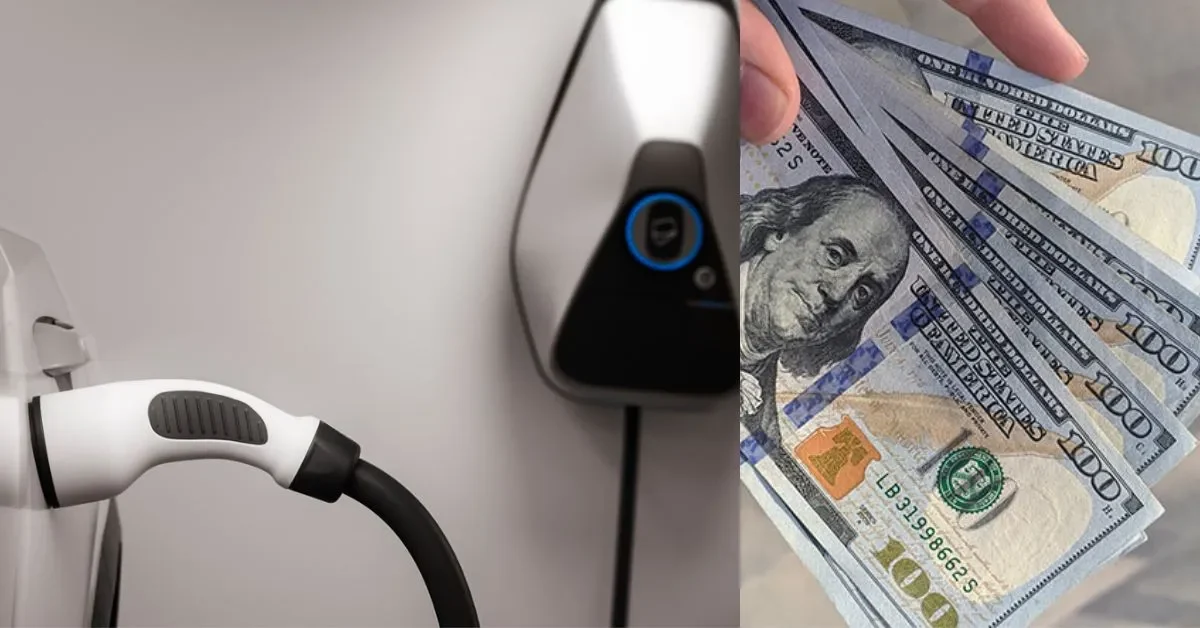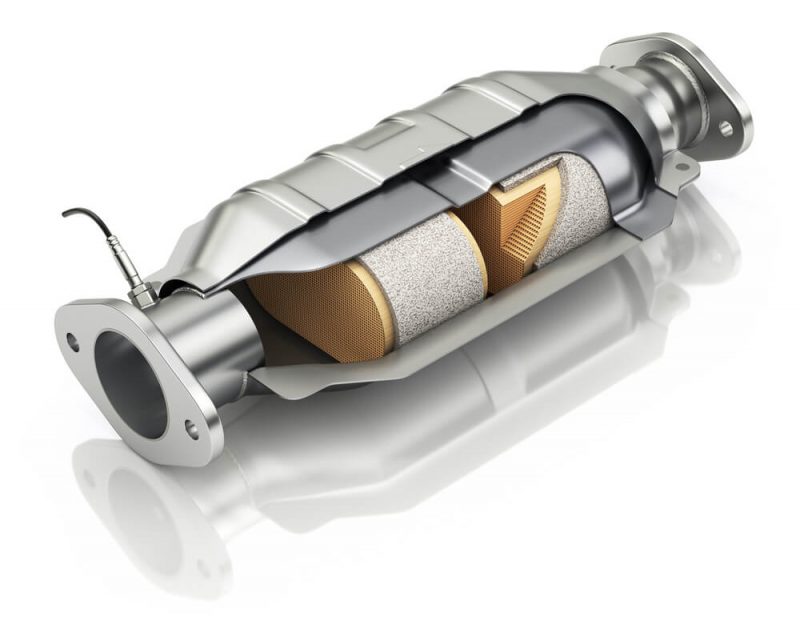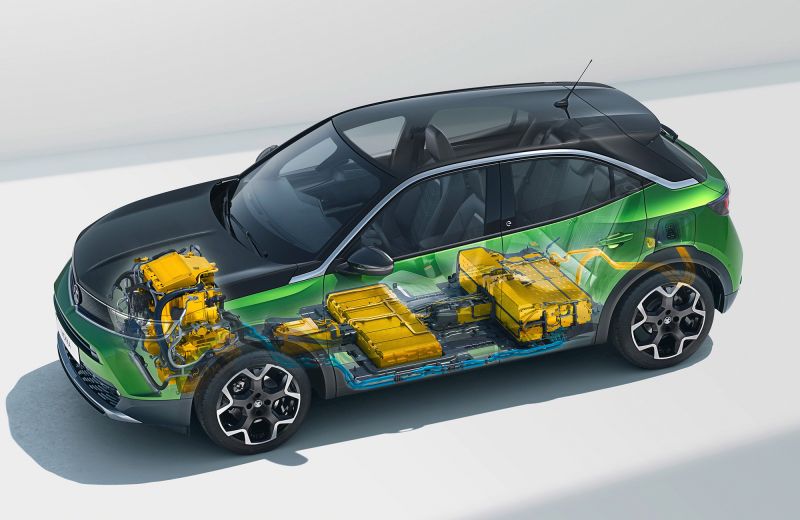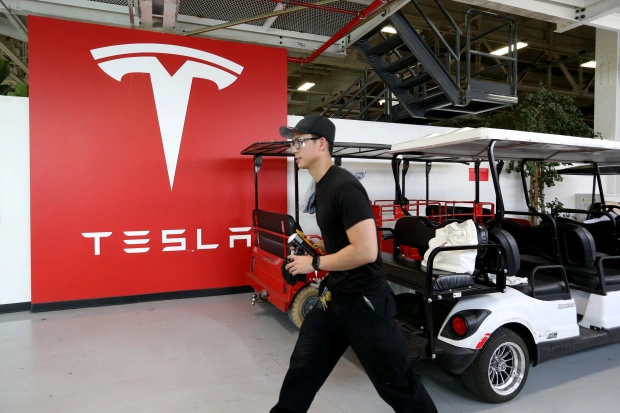Cost of Installing an EV Charger at Home As the use of electric cars (EVs) grows in popularity, many individuals are considering installing a home EV charger. In this article we will explore latest prices and cost to install EV charger at home.
The price of installing an electric vehicle (EV) charger may vary depending on several criteria, such as the kind of charger, the available electrical capacity in the house, and the installation location. This post will review the various home EV charger options and the variables affecting the final price.
Suppose you recently bought an electric car or are considering buying it because its popularity is growing daily. They entirely depend on electricity, and there is a need to charge their batteries.
Drivers across the globe always have deep reservations regarding the charging of a vehicle’s battery. Sometimes, but not usually, it happens to them when they are driving along the way and their car’s battery is almost dead; they get stuck halfway and don’t find any nearby charging station.In this article we will
Cost of Installing an EV Charger at Home
An EV charger gives electricity to electric cars so they can be charged. It can cost anywhere from $530 to $1,320 to setup an EV charger at home. The average cost across the country is $930.
Level 1 EV Charger Cost
Level 1 chargers are the least expensive alternative, with equipment and installation often costing between $300 and $600. Worker prices for installation can be $900 or more, so you should also look into that.
Level 2 EV Charger Cost
Level 2 chargers cost more than Level 1 chargers but can charge a device in half the time. The components and installation for a Level 2 charger cost anywhere from $500 to $700.
Level 3 EV Charger Cost
Due to their large charging capacity and extensive electrical infrastructure requirements, Level 3 chargers are the most costly choice. The hardware and setup cost you anywhere from $10,000 to $50,000.
Remember that these are only estimated figures, and the final installation price will rely heavily on factors unique to each situation.
Key Considerations in Calculating Costs
- EV Charger Types
- Connection Types
- Charger Brands
- Installation Locations
- Labor Costs
- Permit Expenses
Analyzing Additional Costs and Considerations
- Electrical Work
- New Breaker Box Installation
- Dual Charging and Powersharing
- Tax Credits
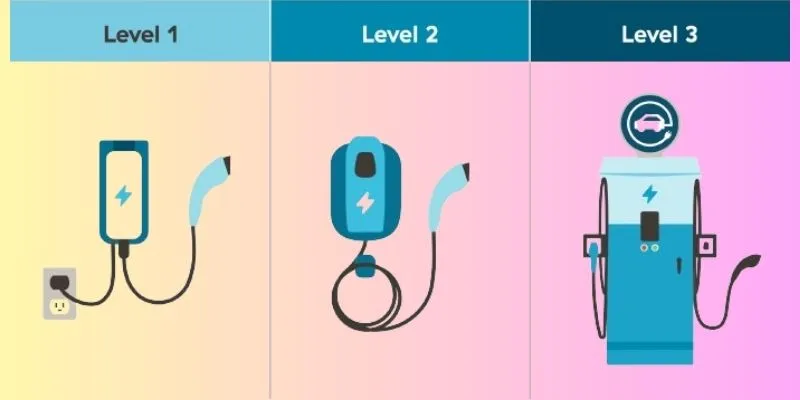
Introducing Different Levels of EV Chargers
Level 1, Level 2, and Level 3 EV chargers are the most popular classifications for the different capabilities of electric vehicle charging stations. The charging rates and power requirements vary depending on the level.
Level 1 EV charger
With a conventional 120-volt wall outlet, a Level 1 charger provides the slowest charging speed. These can add around 4.5 miles of range every hour of charging time. A level 1 charger is usually only used as a last resort or sometimes.
Level 2 EV charger
With a Level 2 charger, the standard in-home voltage is 240 volts. Depending on the vehicle and the charger’s power output, they allow for a quicker charging rate, often between 10 and 60 miles of range per hour. Level 2 chargers are convenient for everyday usage and can charge an electric car overnight.
Level 3 or DC fast chargers
These are often seen at public charging stations; level 3 chargers are sometimes known as DC fast chargers because of their rapidity. They charge the EV battery with a high-power DC and can provide a charging rate of up to 350 kW, allowing for a substantial amount of range to be supplied quickly.
Due to their high price and power needs, level 3 chargers are only sometimes encountered in domestic settings and are instead reserved for long-distance travel.
Knowing the differences between these three types of charging levels is a prerequisite for successfully installing one at your home.
Variables Affecting Installing An EV Charger At Home
After introducing all the EV charger types, it’s time to discuss the cost of installing them at home. Many variables affect how much it will cost to install an EV charger at home.
Electrical capacity of home
Upgrading your home’s electrical power may be necessary to use a Level 2 charger. It may need replacing the breaker box, adding a new circuit, or upgrading the cable leading into the building. Depending on the age and condition of the current electrical system, the price of such modifications might vary widely.
Installation location
The cost may also change depending on the location of the installation. For instance, if a garage is already connected for power, a charger will be cheaper than placing one in a driveway or pole, which would involve trenching and other electrical work.
How Do You Install An EV Charger At Home
Here are some short steps for installing an EV charger at home:
- Choose a compatible charger for your electric vehicle
- Determine a suitable location for installation
- Check your electrical panel to ensure it can support the charger
- Decide on a hardwired or plug-in installation method
- Obtain necessary permits and inspections
- Install the charger following the manufacturer’s instructions and NEC requirements
- Connect the charger to power and test it
- Set up the charger software and preferences
- Test the charger with your electric vehicle
- Follow the manufacturer’s recommended maintenance and safety procedures.
Requirements to Install EV Charger at Home
You need to know a few things before installing an EV charger in your house to ensure it’s safe and efficient.
- To begin, the charger will need access to an electrical outlet, and your panel must be able to handle the increased load. You may need to update if your electrical panel or service isn’t sufficient to power the charger.
- The second need is a convenient spot to set up the charger. This spot must be easily accessible, preferably adjacent to where you keep your EV.
- Lastly, you may require permissions and inspections from the local construction authority before installing the charger.
- Last but not least, have an actual electrician carry out the installation. The electrician should install the charger for your electric car under all applicable laws and standards.
What To Consider Before Installing EV Charger at Home
There are a few things to remember while installing a home EV charger. Some of the most critical factors are as follows:
Electrical infrastructure: The first and primary aspect is your home’s electrical infrastructure. An electrician will determine whether your electrical system can manage the higher load of an EV charger and, if not, what changes are necessary. They’ll also check to see whether your home’s electrical system has to be modified to accommodate the charger.
Charger type: The kind of charger you choose will also have an impact on the installation requirements. Most homes don’t have access to Level 3 chargers because of the high-powered DC electric current needed to operate them (Level 3 chargers need 120 or 240 volts).
Location: Another factor is where you want to put the charger. Put the charger where it will be easily accessible. Your electric car charging station should be close to your home or workplace.
Inspection and permits: To install an EV charger, you may need licenses and inspections from the relevant authorities in your area. The local regulations may be discussed with your electrician.
Cost: The price of the installation is a significant consideration. The price tag may change based on your chosen charger model, your home’s electrical setup, and other variables.
It’s a good idea to shop around for electrician estimates and check with your energy provider to see if any rebates or discounts are available to aid with the outlay of cash.
Safety issues: Installing an electric vehicle charger in a secure location is necessary. Your electrician will follow all applicable guidelines to guarantee the installation is safe for you, your family, and your EV.
If you keep these things in mind, you should be able to install your EV charger without incident and enjoy quick, easy charging at home.
Benefits of Installing a Home EV Charger
The advantages of putting up an electric vehicle charger at your house are as follows:
- Locations where you can quickly and easily charge your electric car
- It costs less than public charging stations and takes less time.
- Provides quicker charging than Level 1 chargers.
- Ability to personalize to your preferred charging specifications.
- Increases the value and appeal of your home for potential buyers.
- It improves sustainability and lowers carbon emissions by guaranteeing a fully charged vehicle daily.
- Reduces range anxiety.
- Potential for financial rewards in utility companies or government rebates and incentives.
Disadvantages of Installing a Home EV Charger
Although there are many benefits to having an electric vehicle charger at home, there are also some possible drawbacks associated with an EV charger’s home installation.
Cost: Buying and installing an EV charger in your house might be costly since doing so may need new wiring or other infrastructure.
Portability: Home EV chargers provide quick and straightforward access to charging but are not portable and cannot be carried on lengthy travels.
Home association restrictions: Several HOAs and municipal ordinances prohibit or severely restrict the installation of electric vehicle (EV) chargers on private property.
Potential for harm: A home EV charger, if installed or misused, might cause damage to your electric car or other property.

Imran is an experienced content writer who crafts engaging and informative articles for a variety of industries. With a keen eye for detail and a passion for storytelling, Imran delivers high-quality content that resonates with readers. Whether he’s writing blog posts, social media content, or website copy, Imran is committed to delivering compelling content that drives results.

